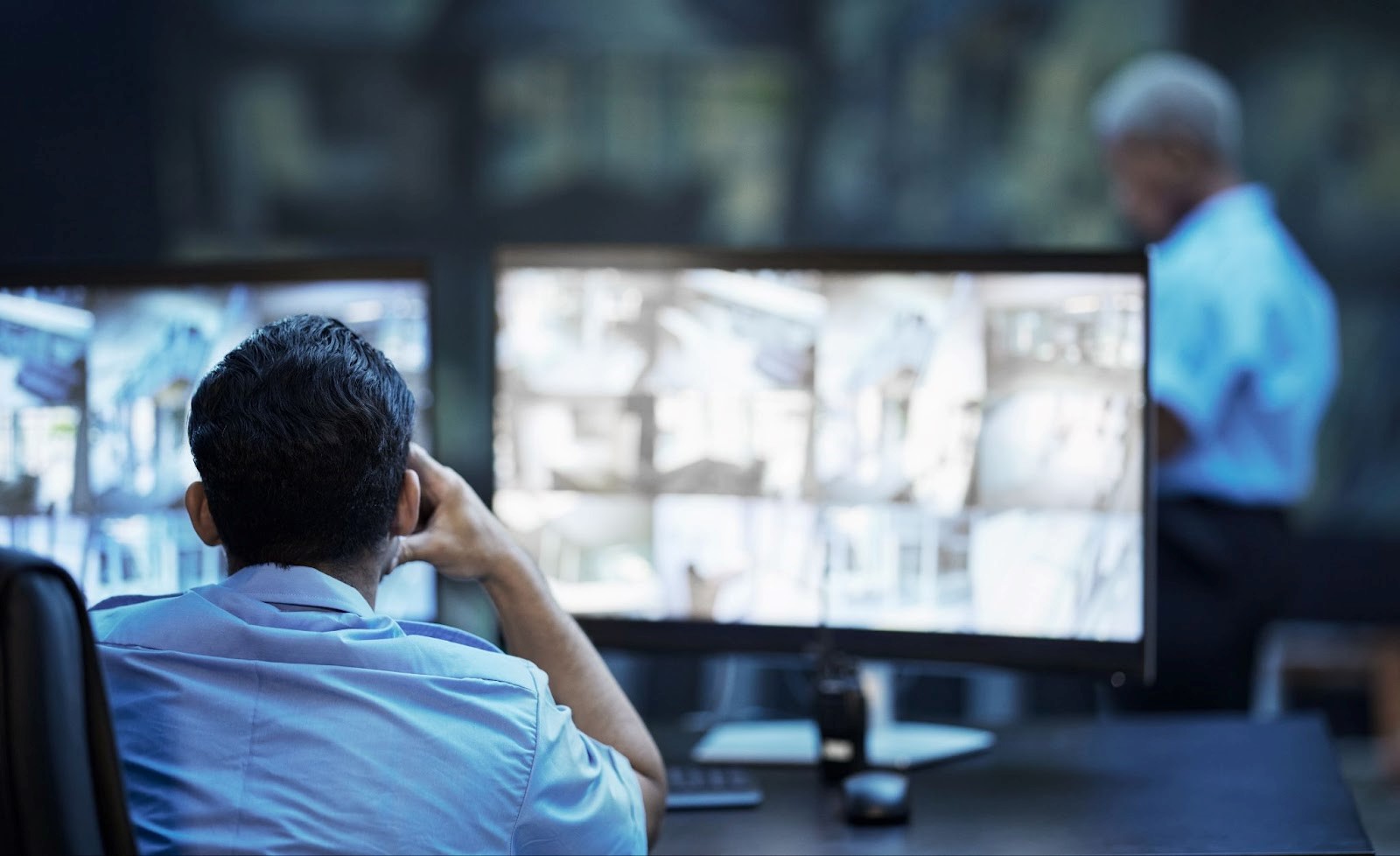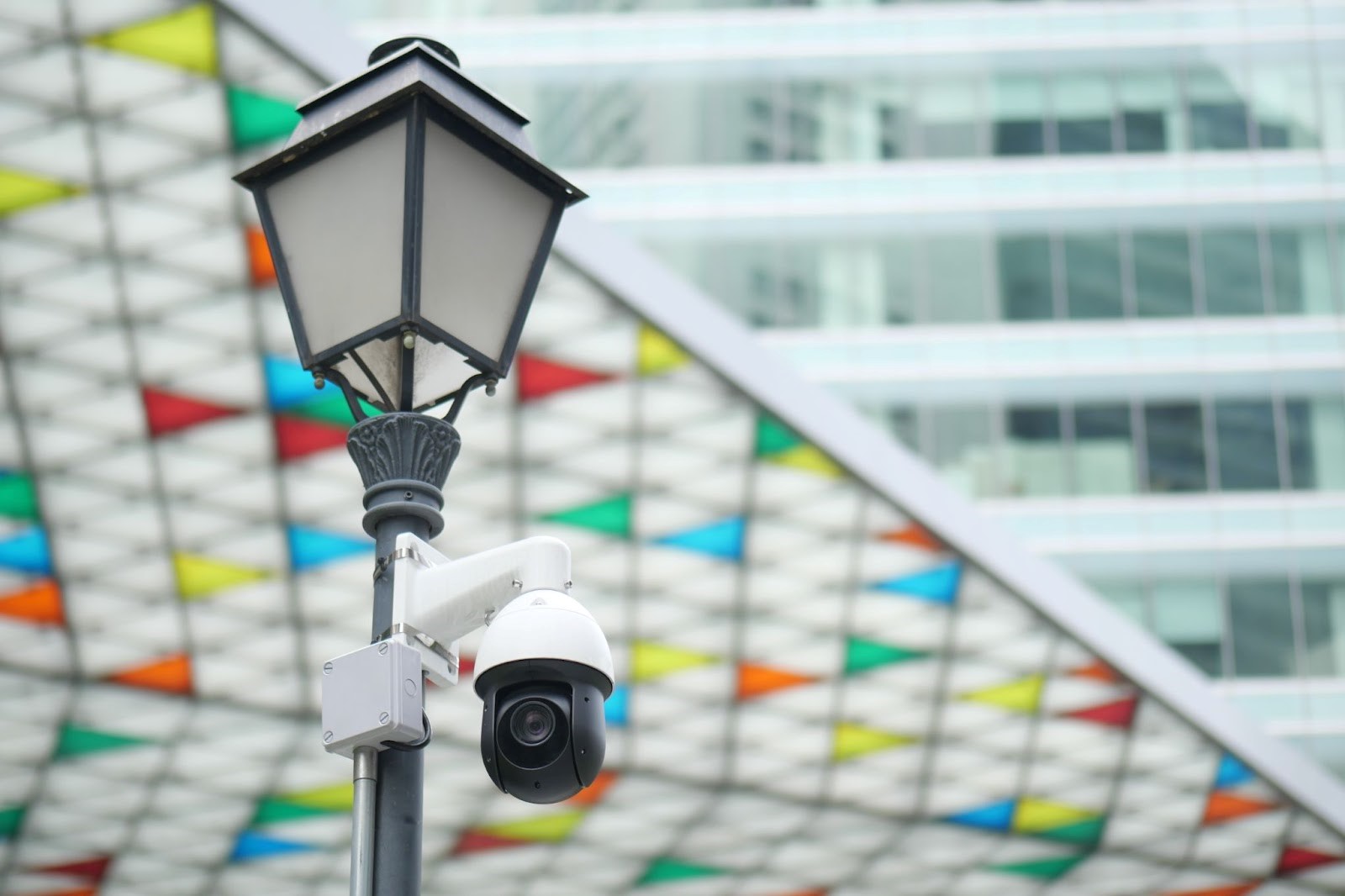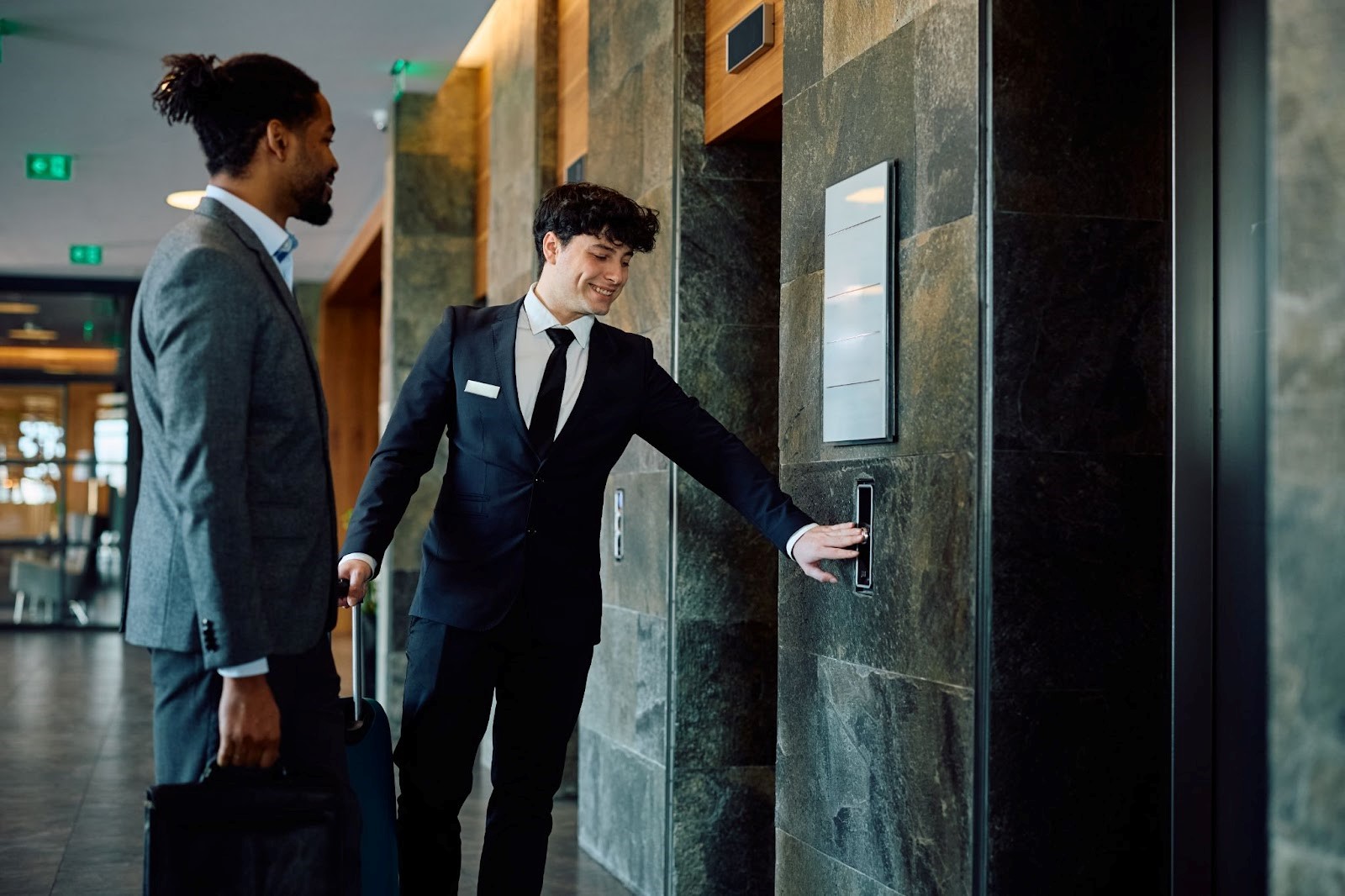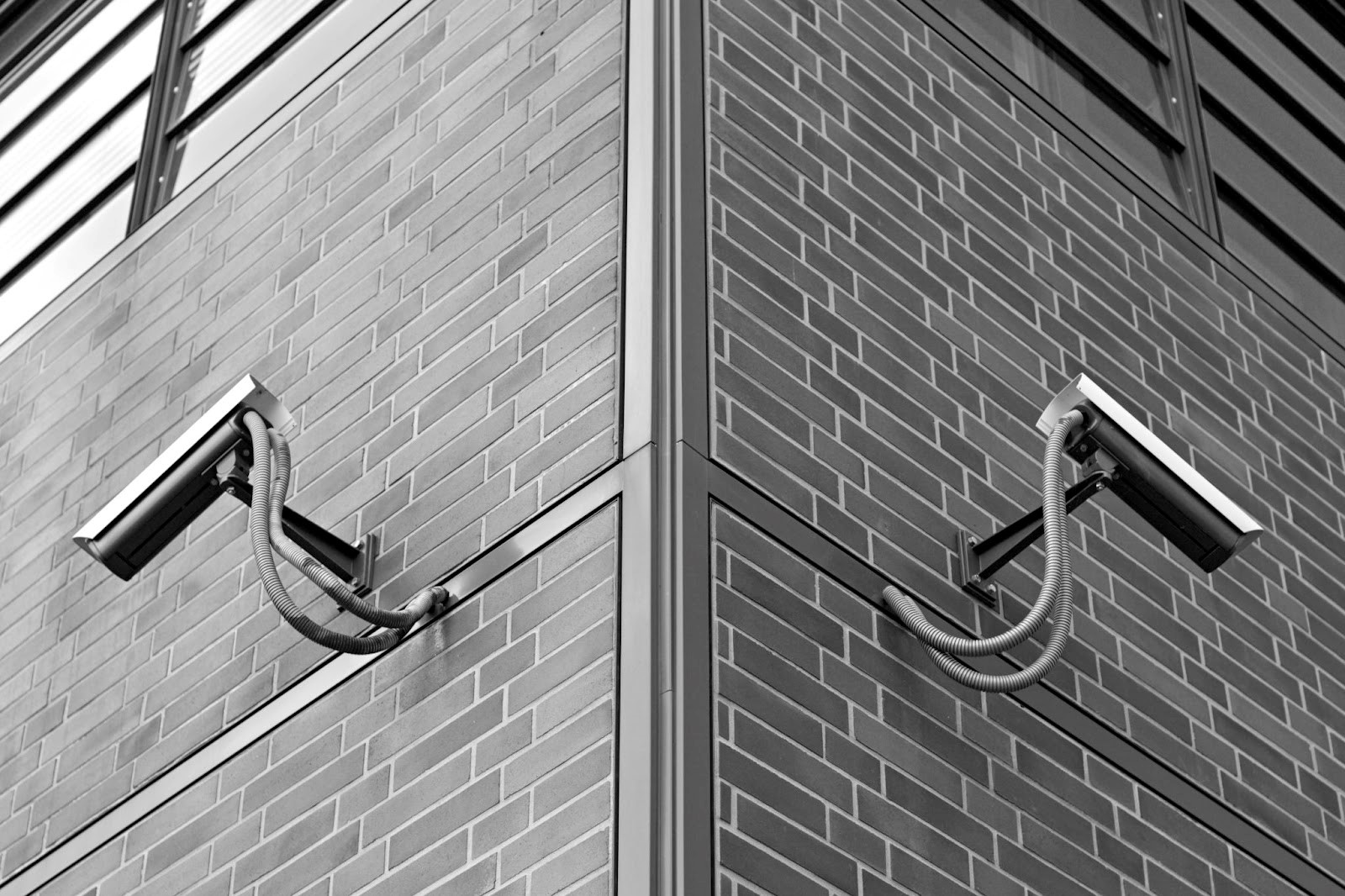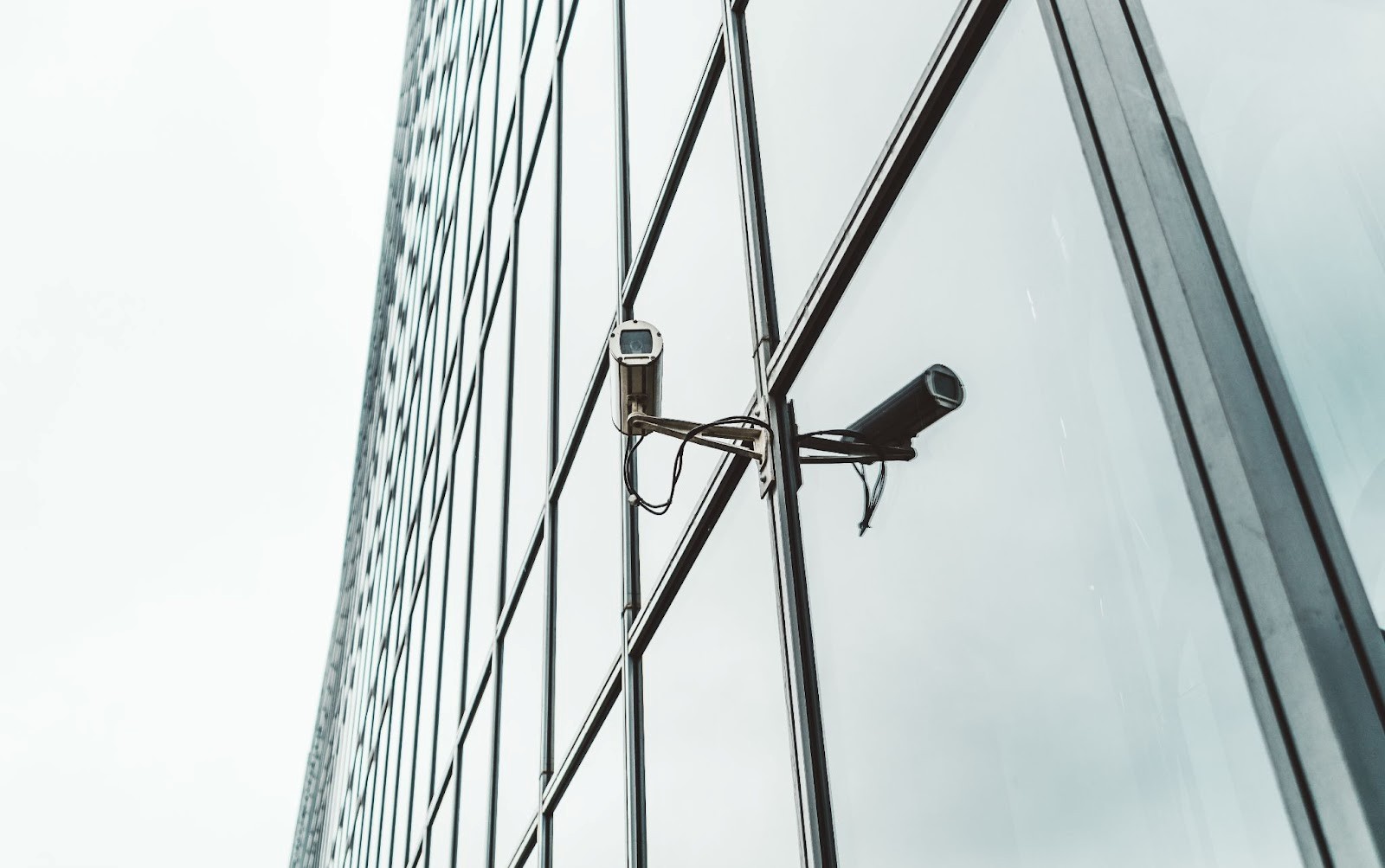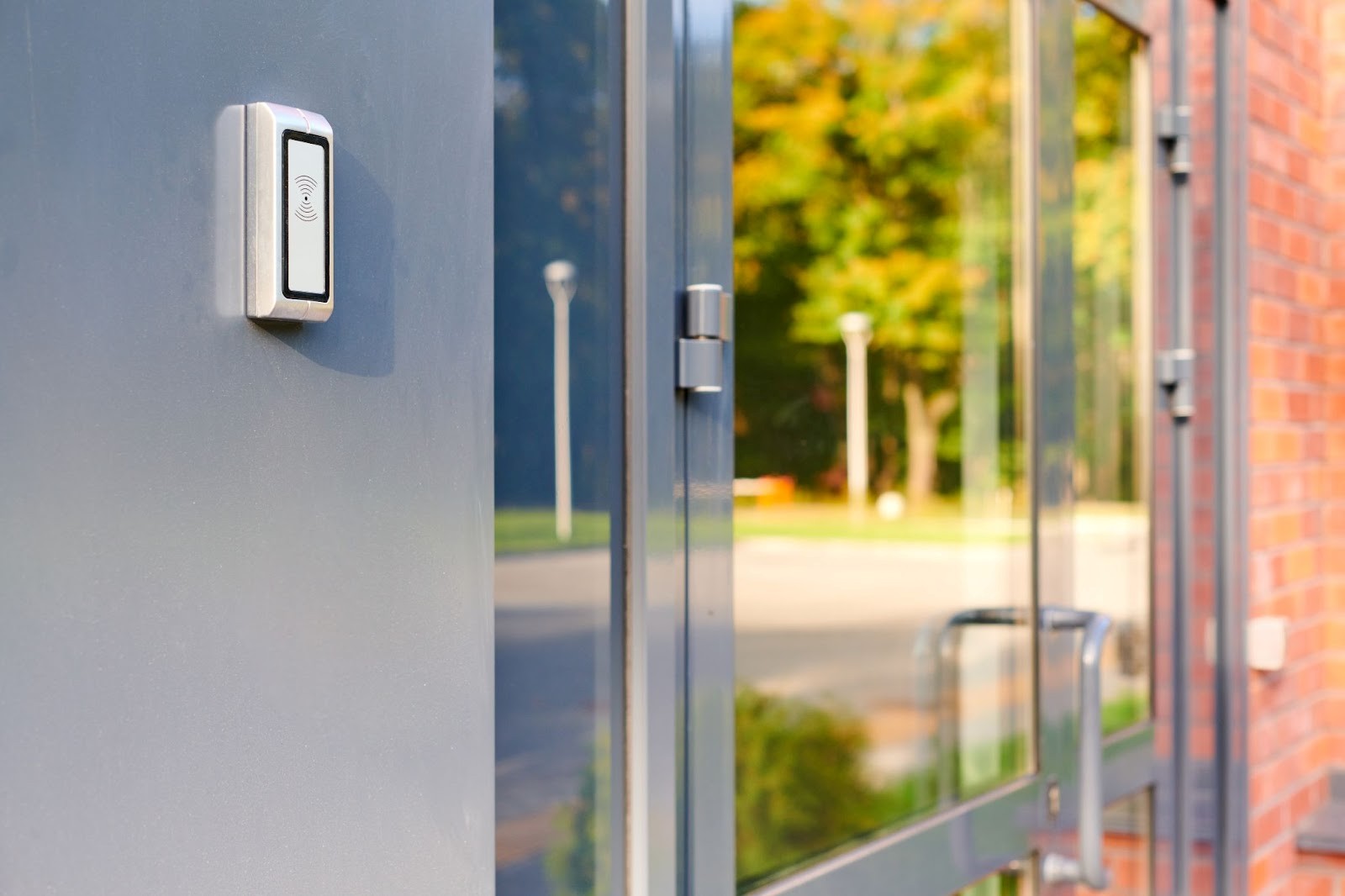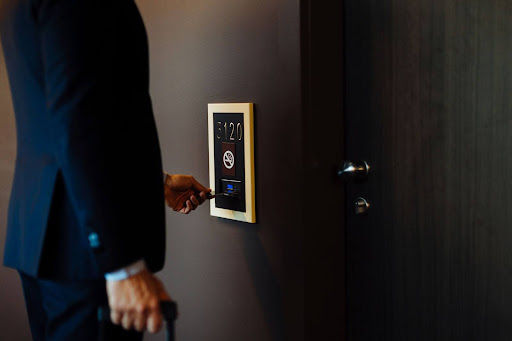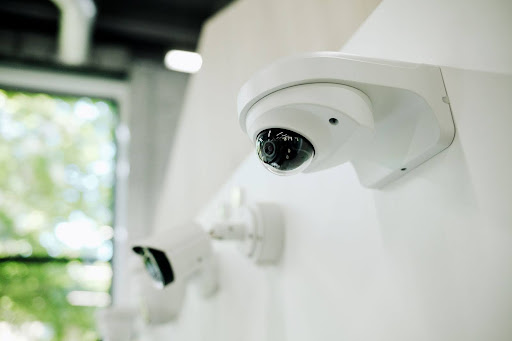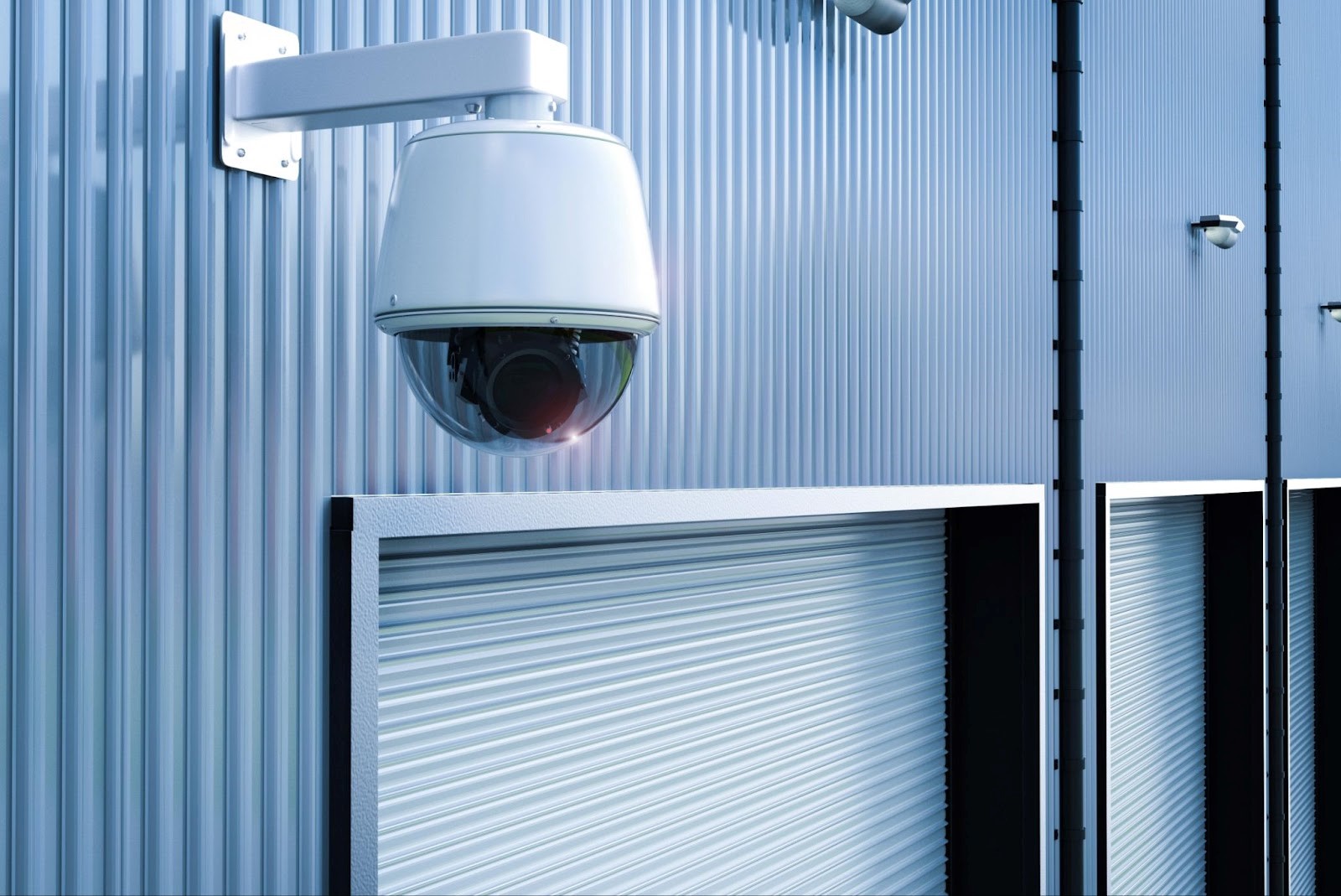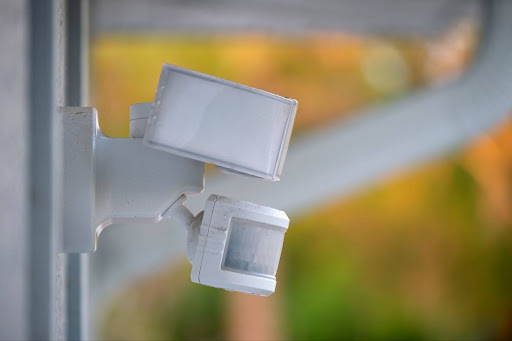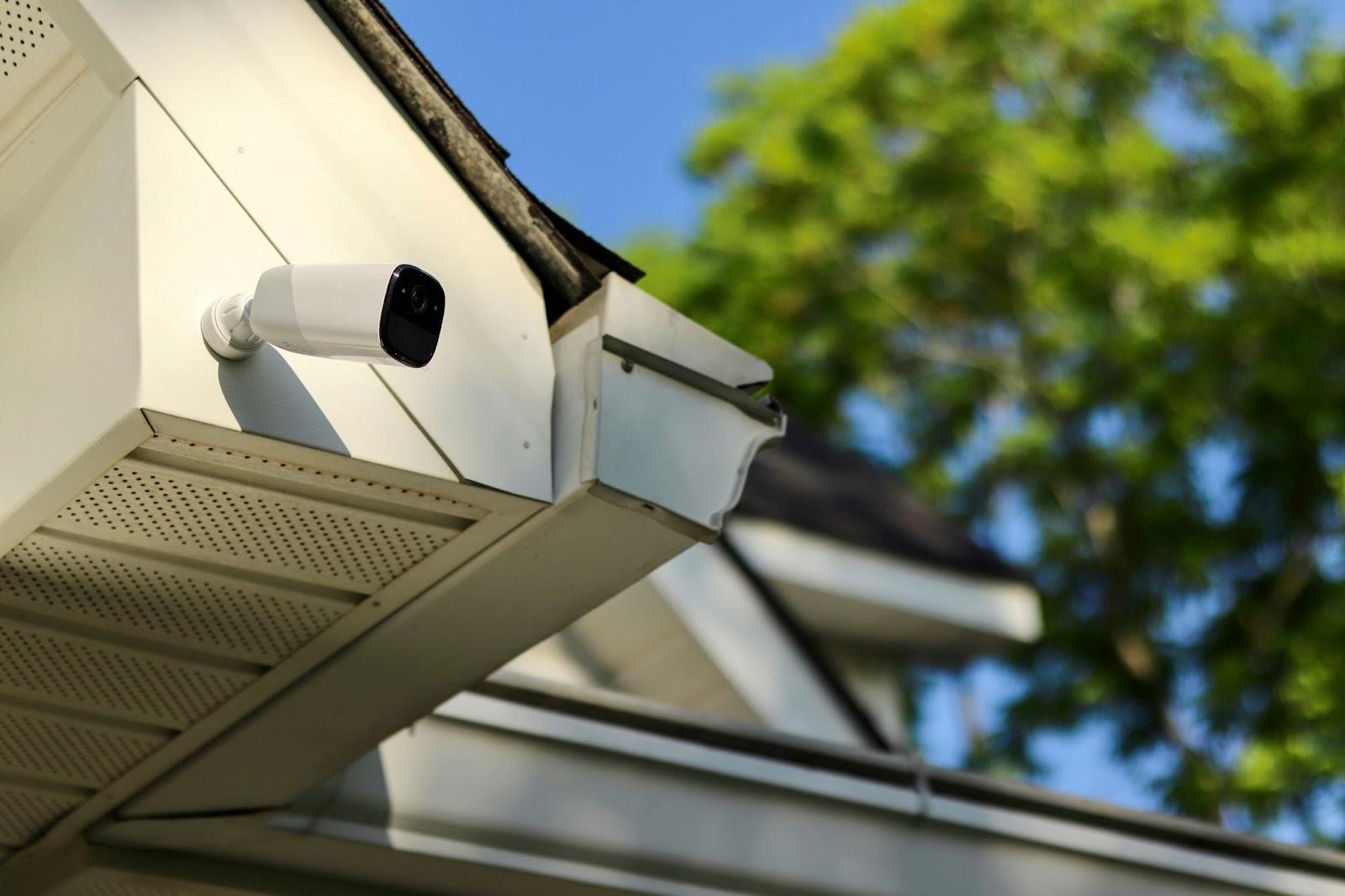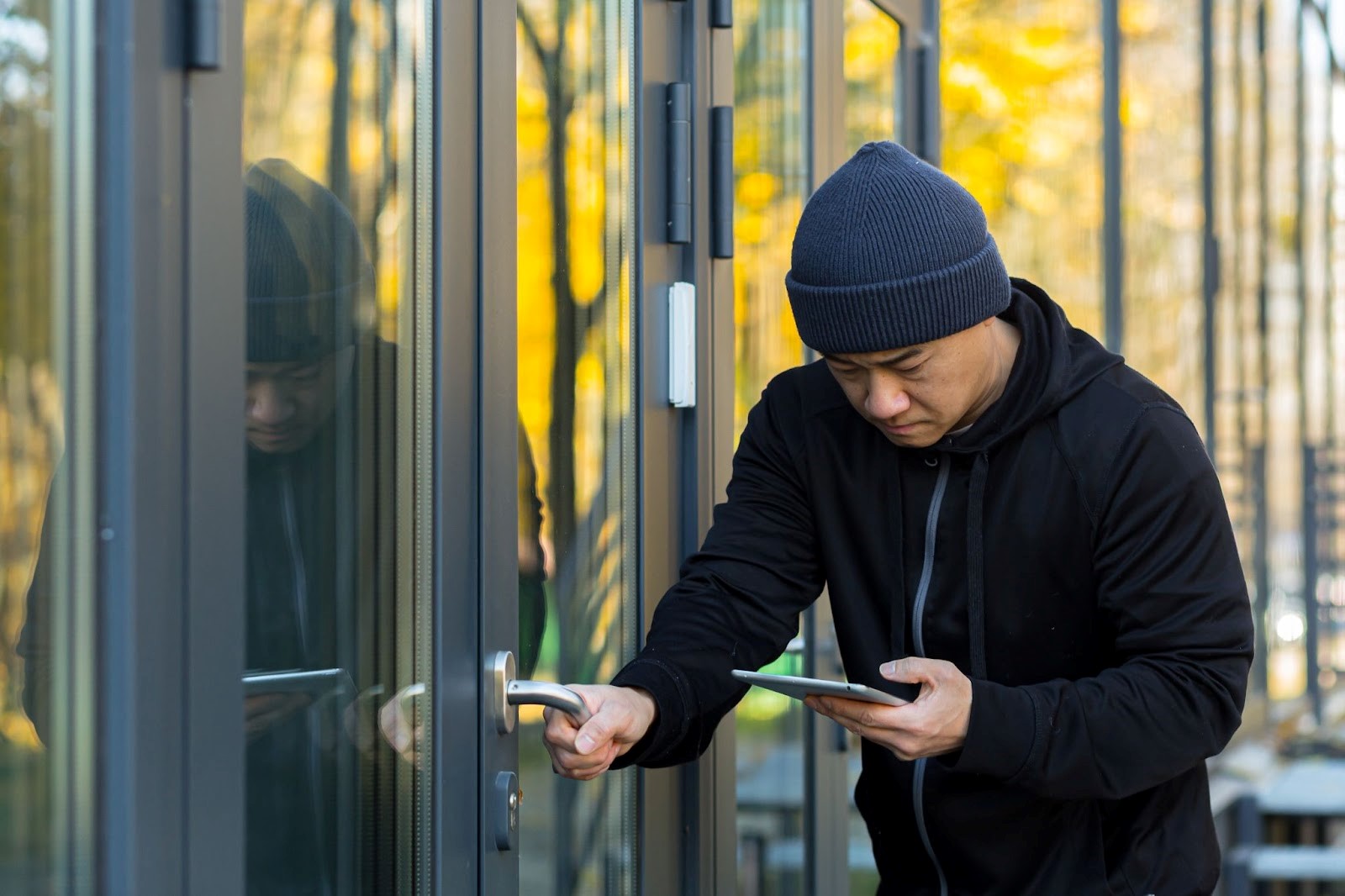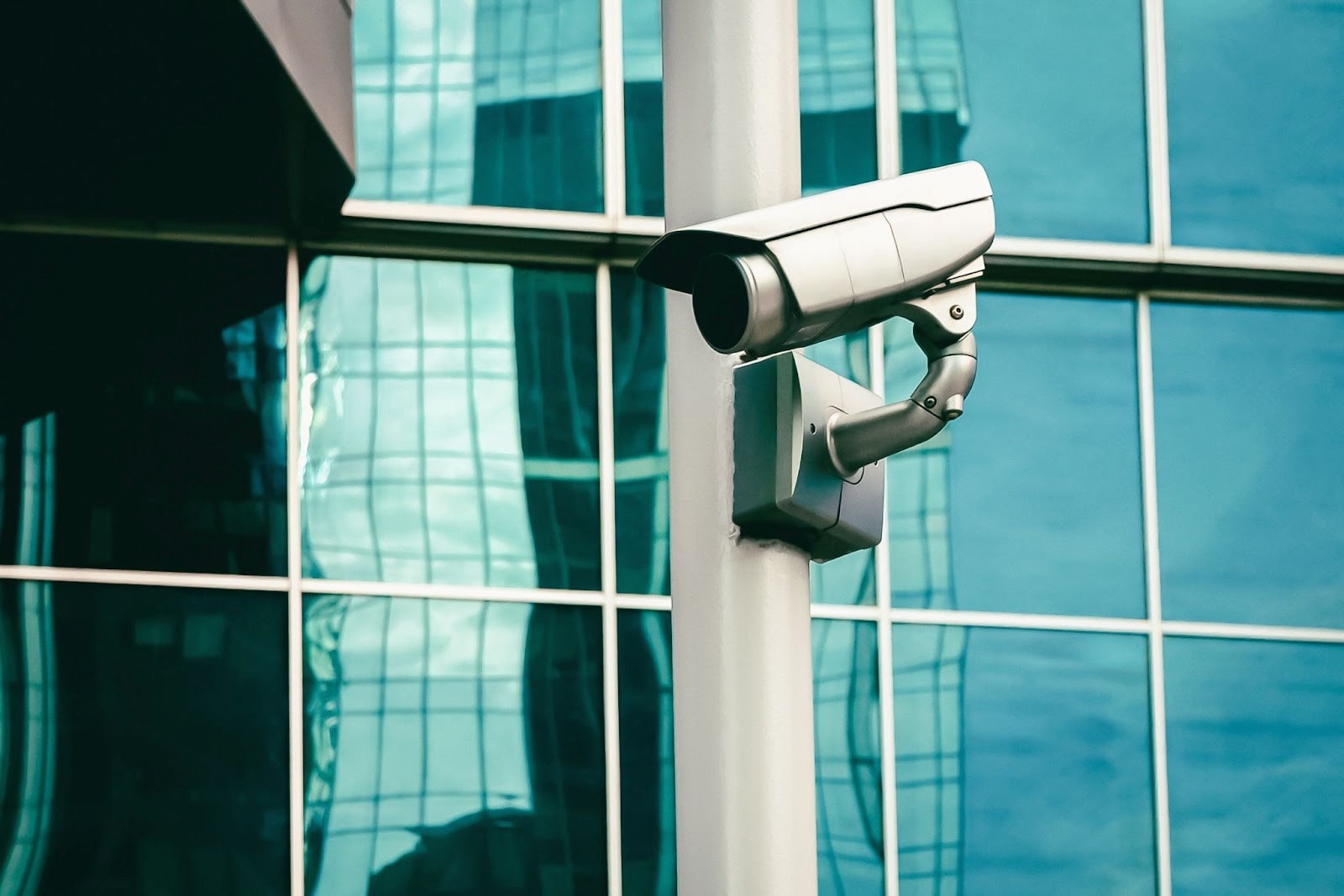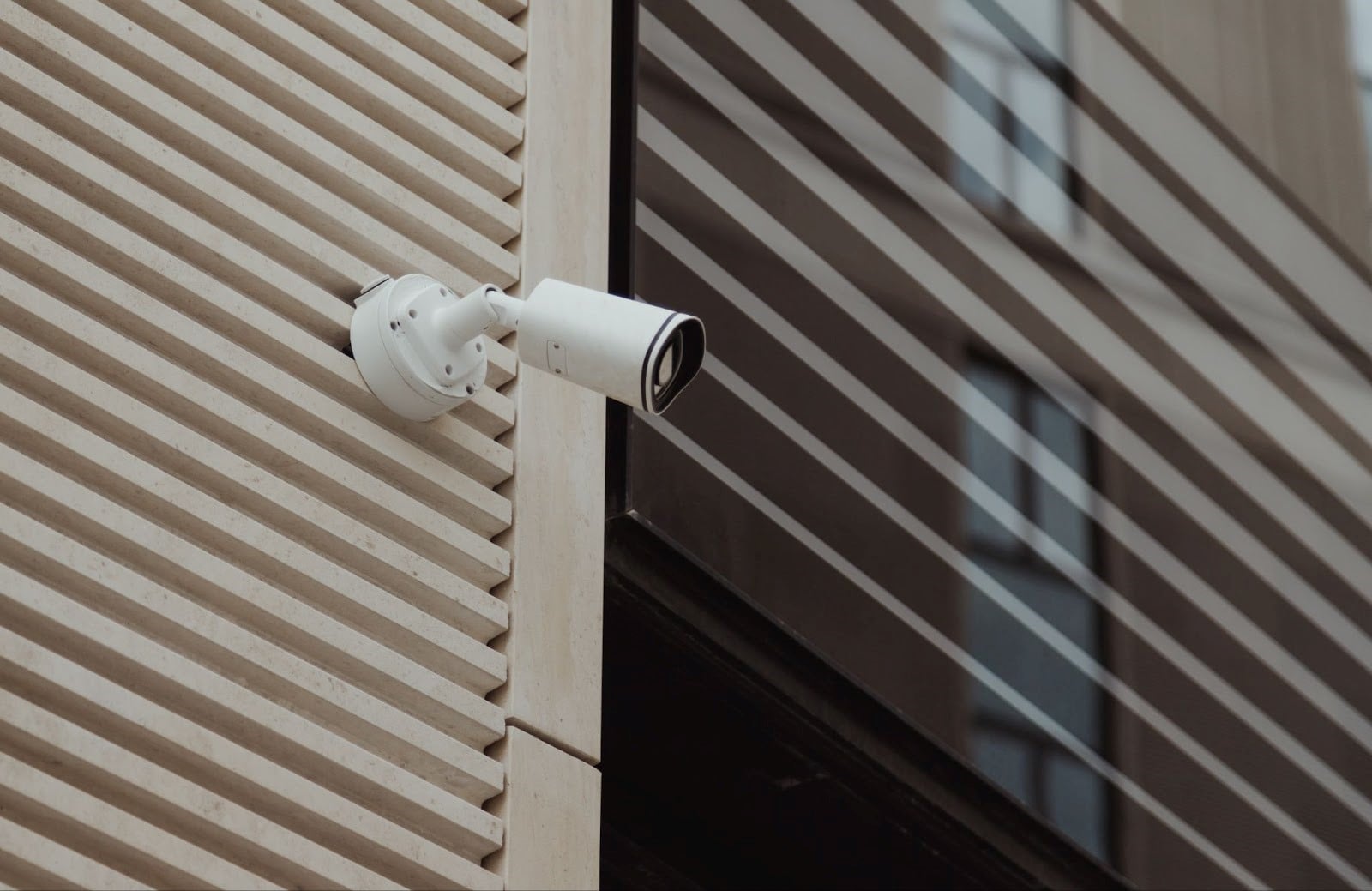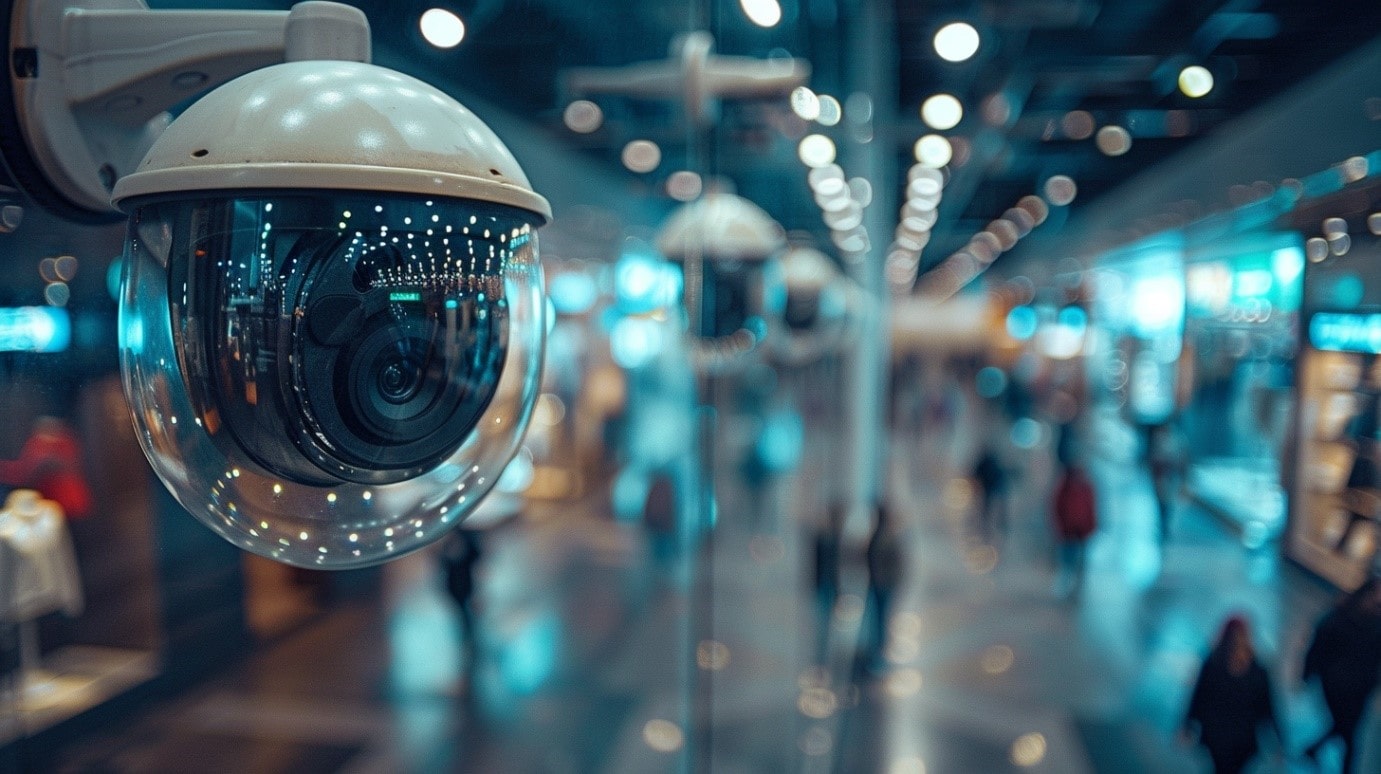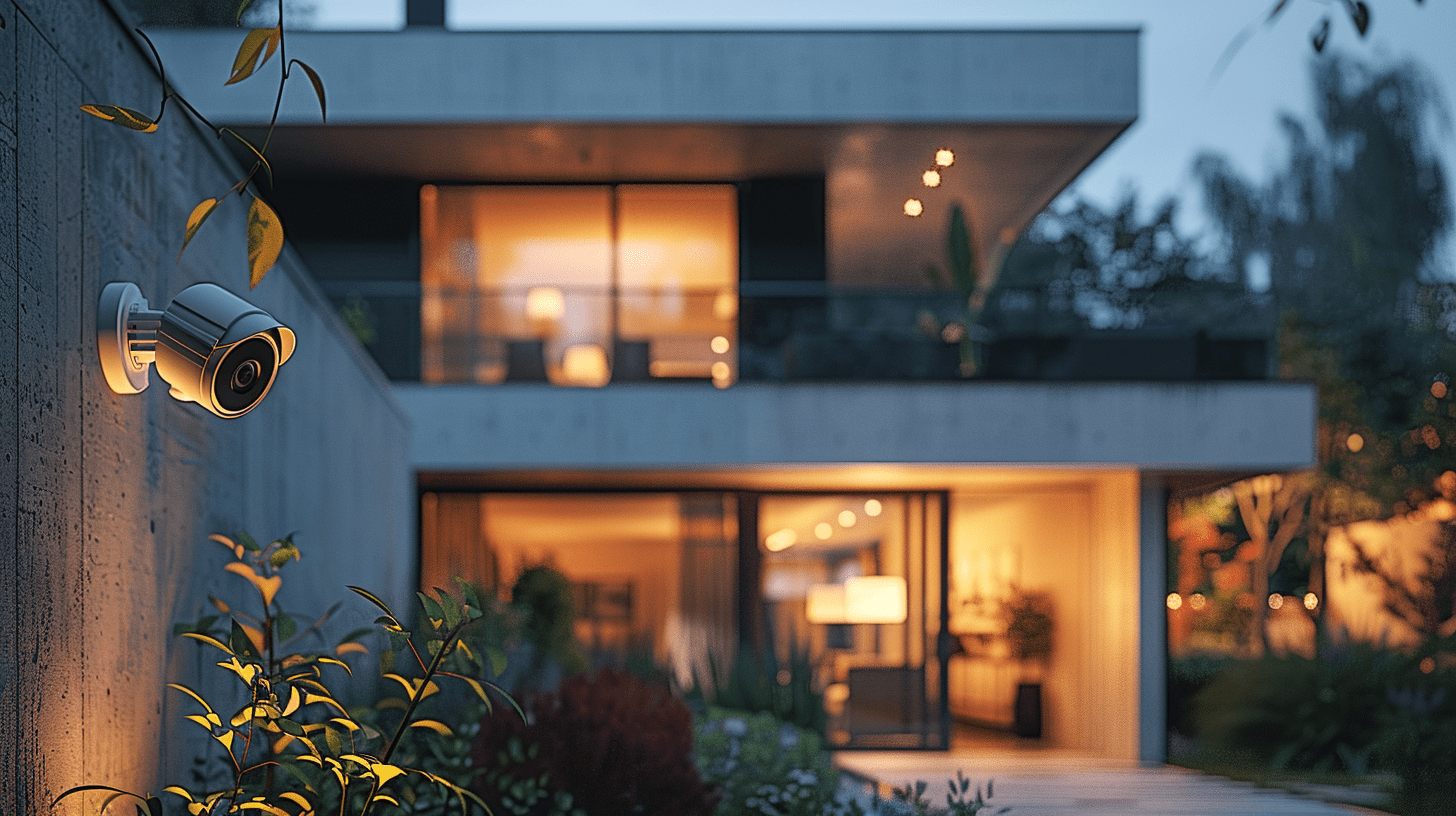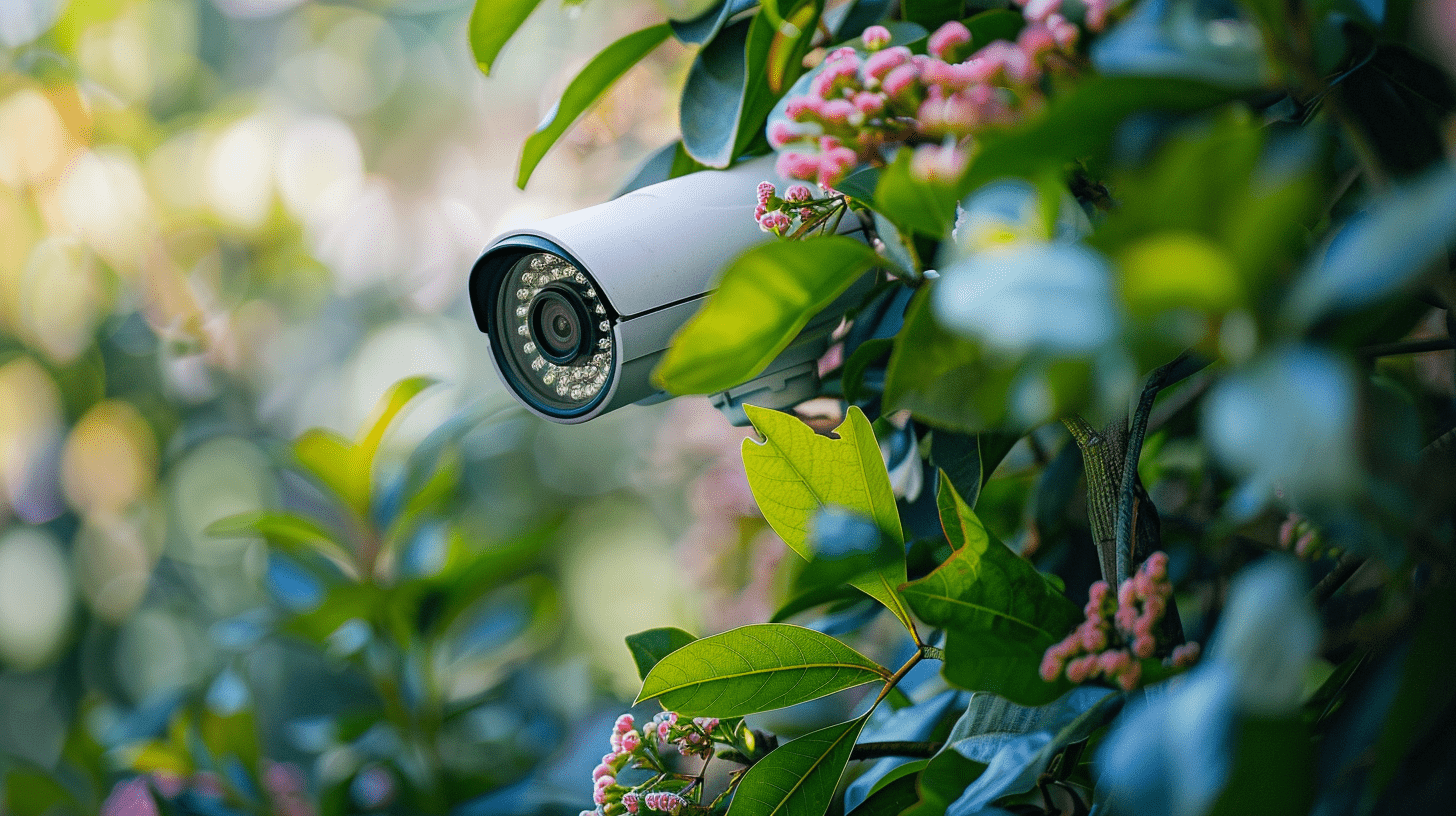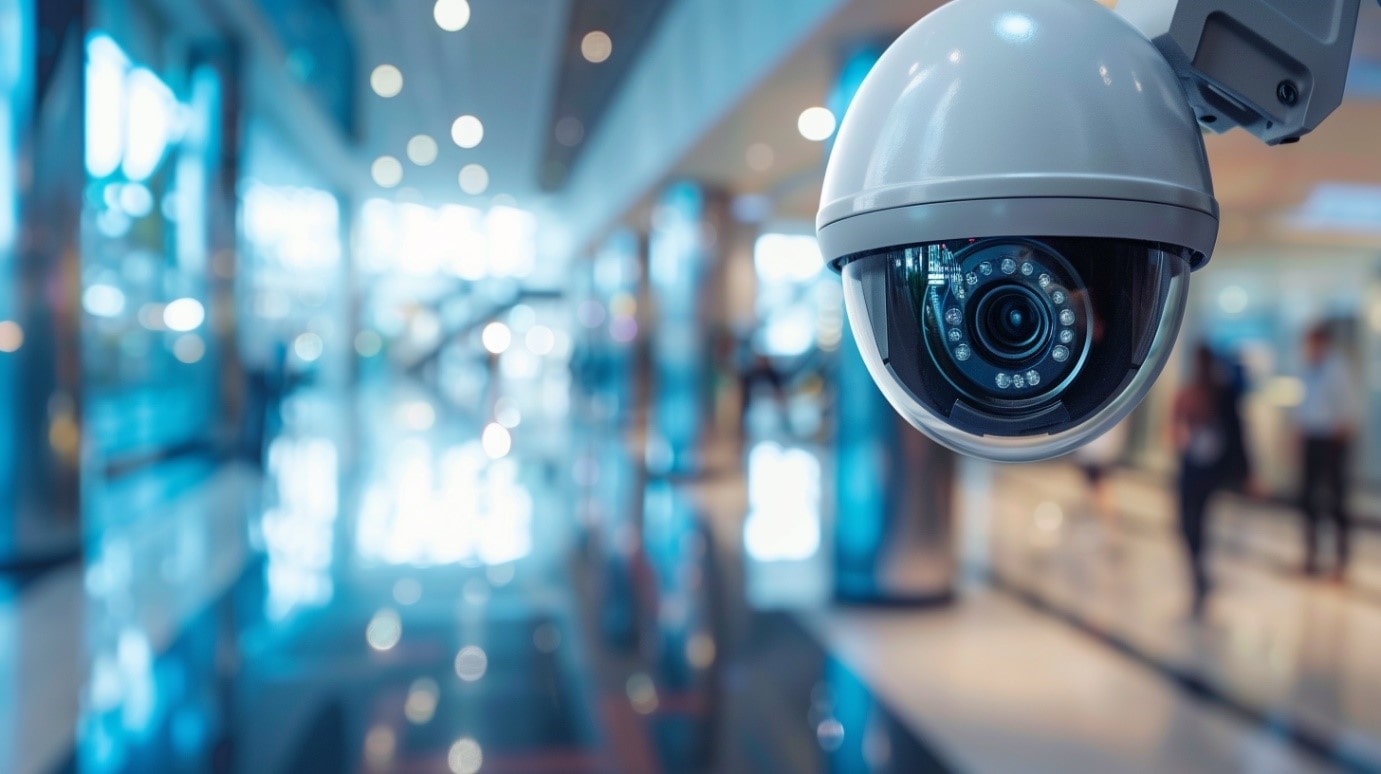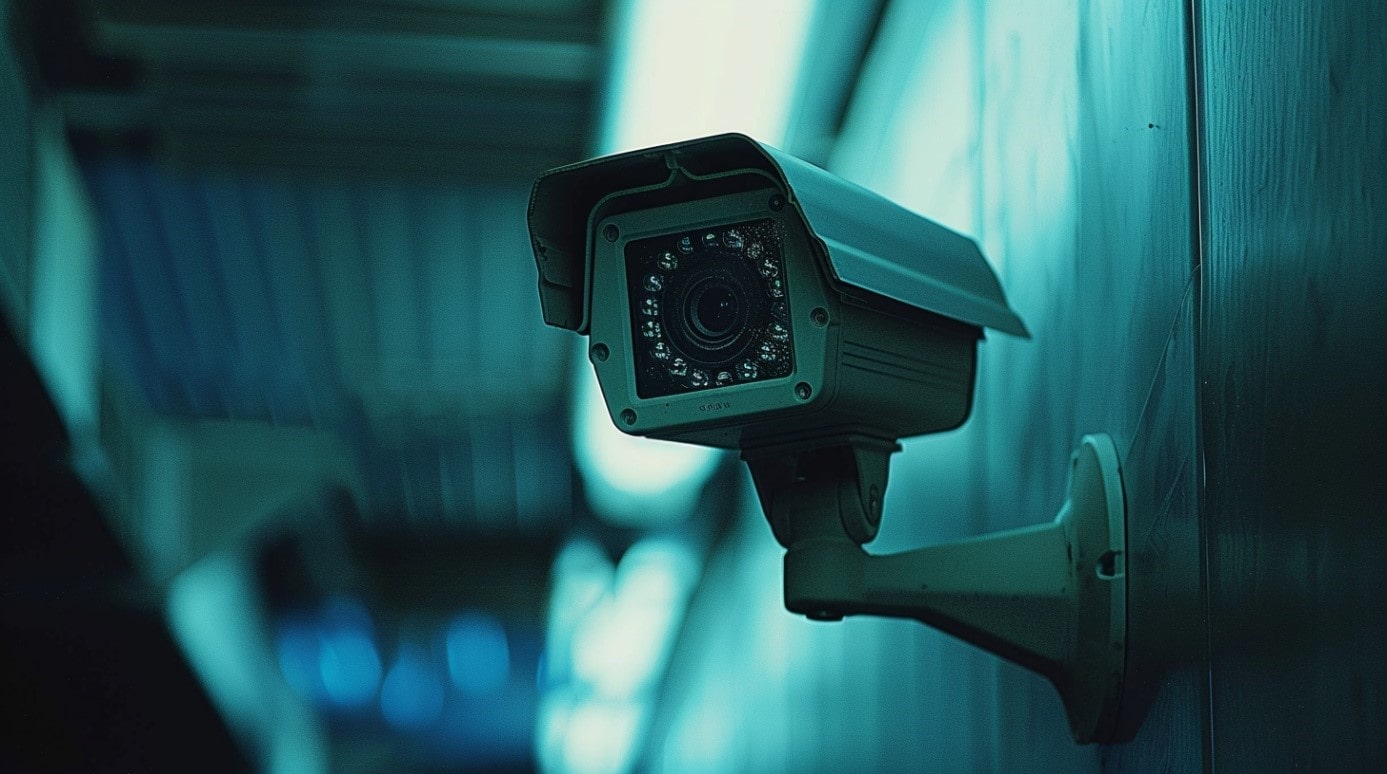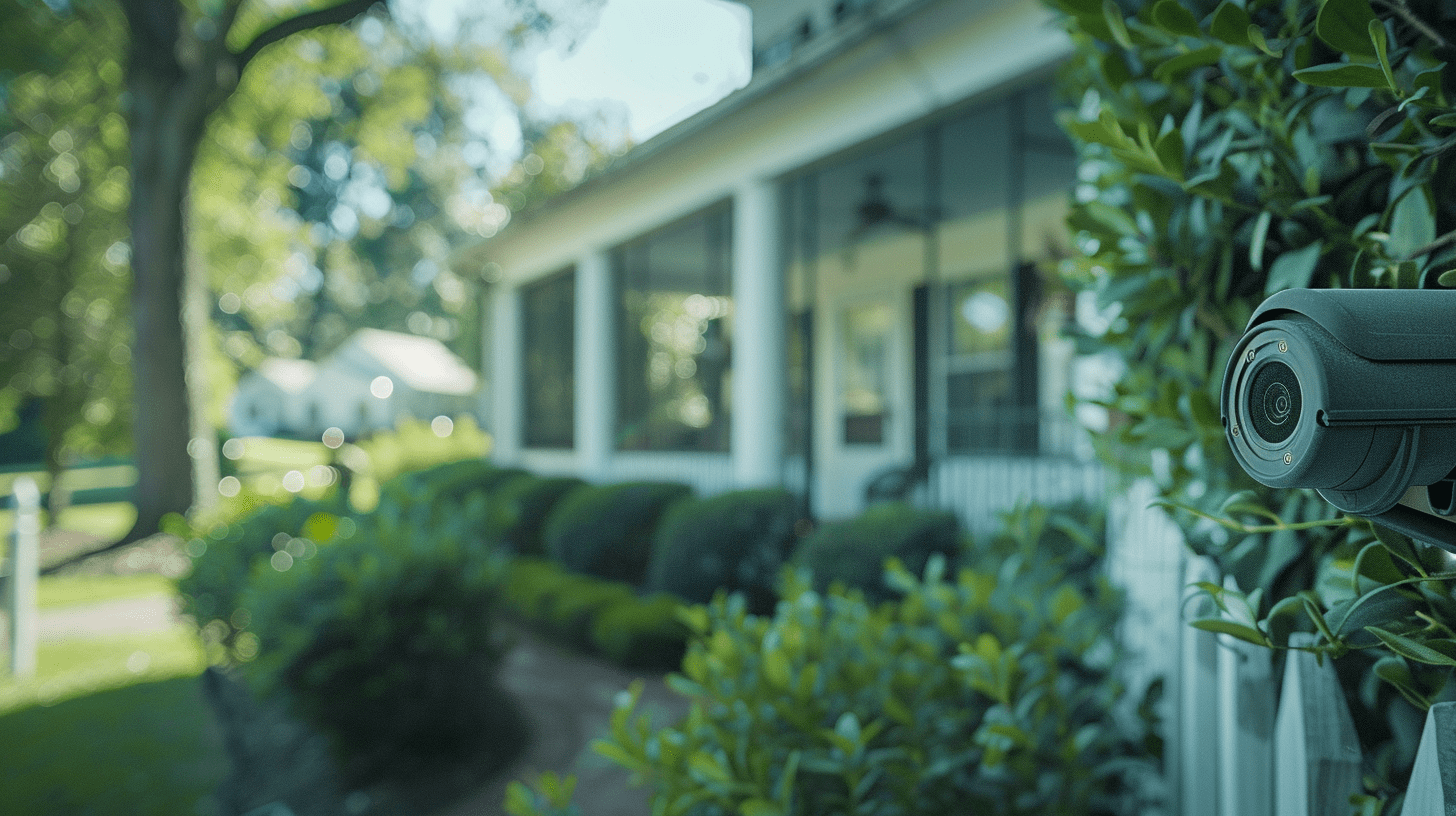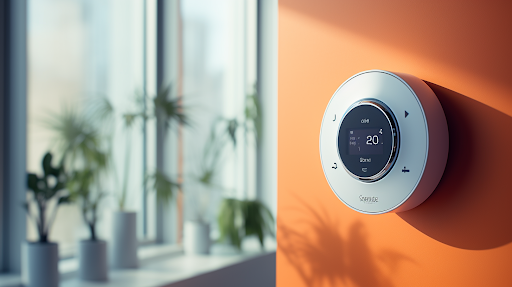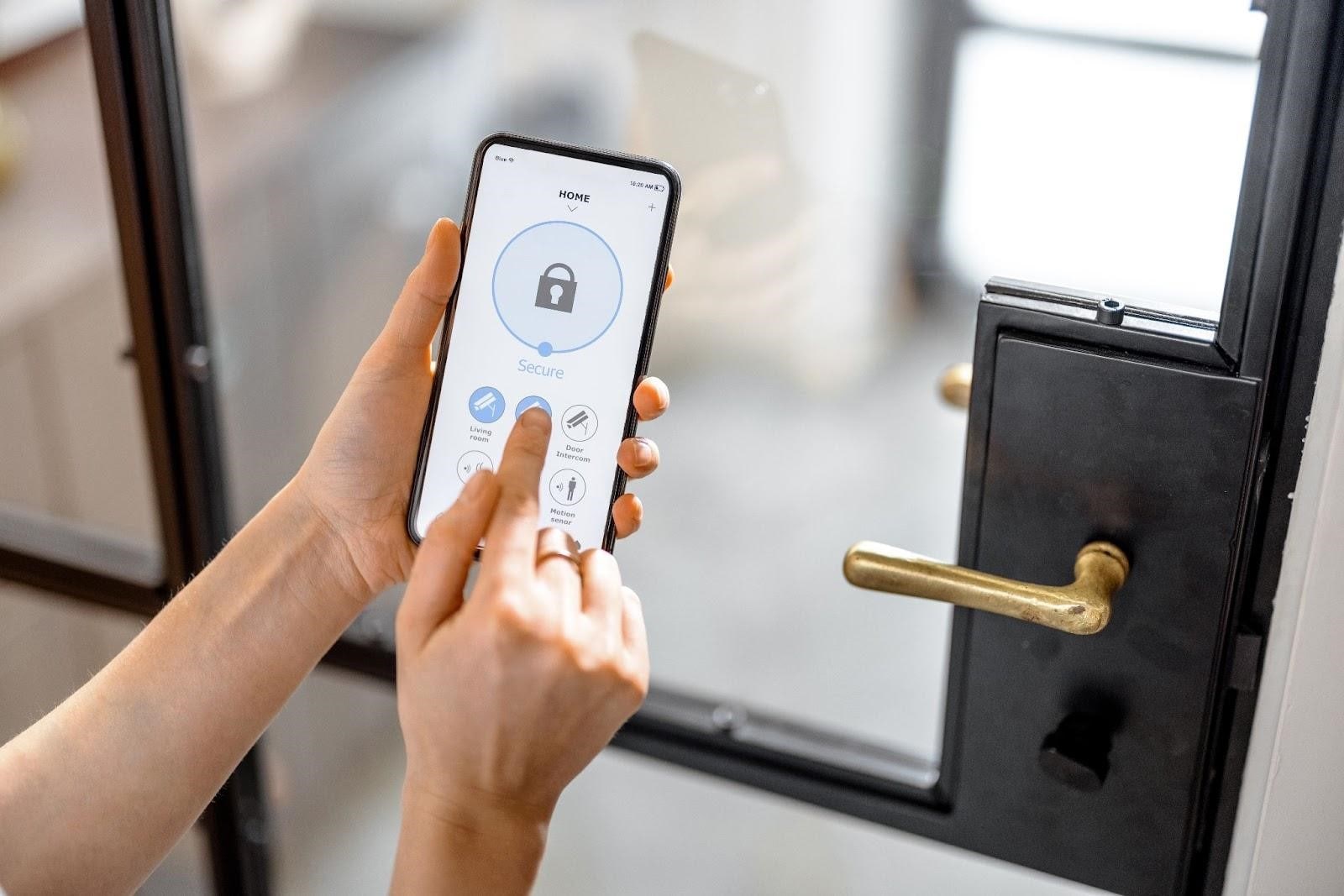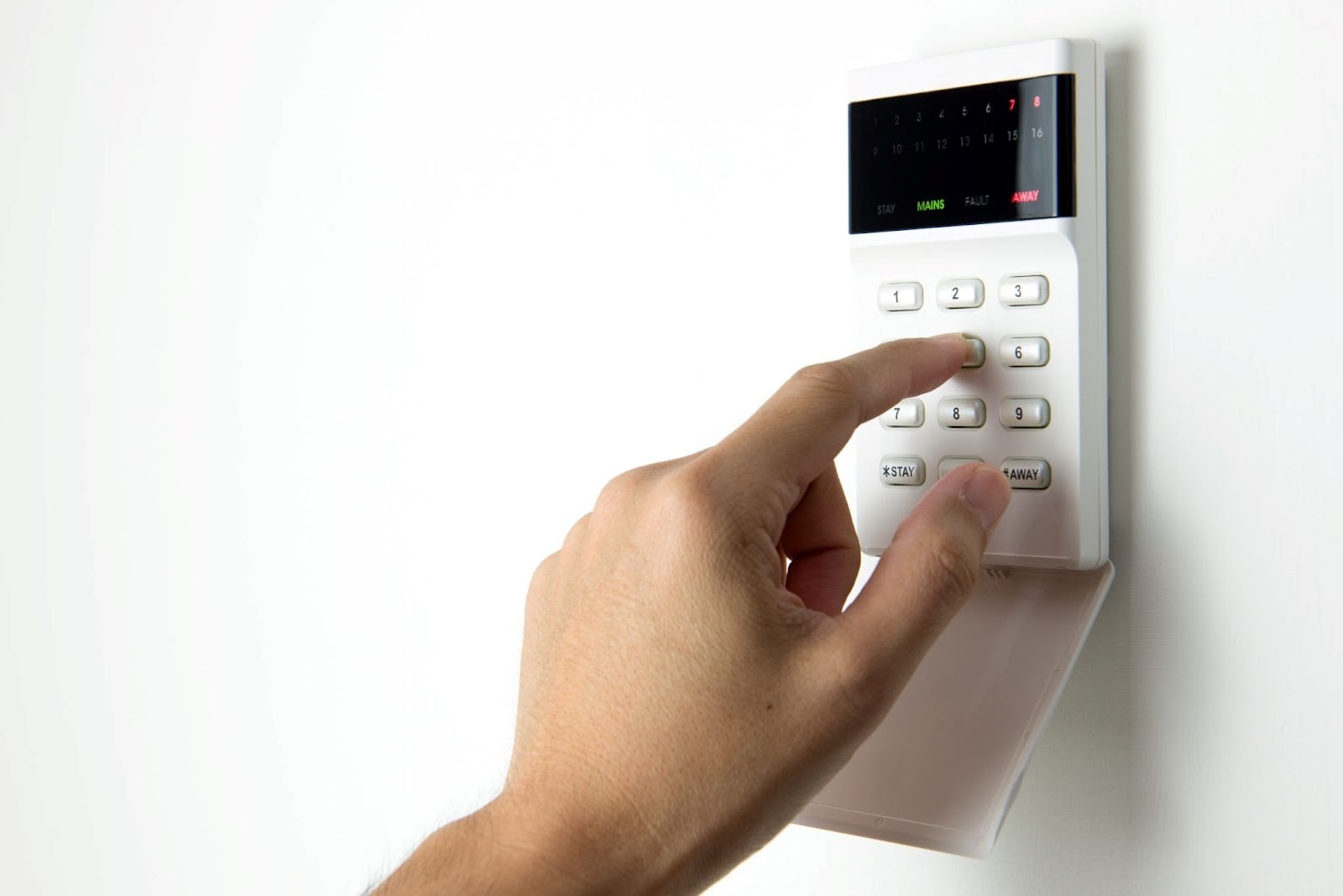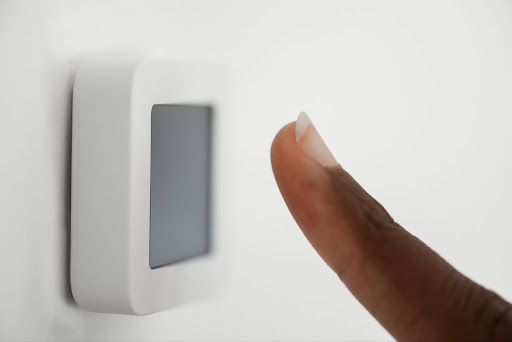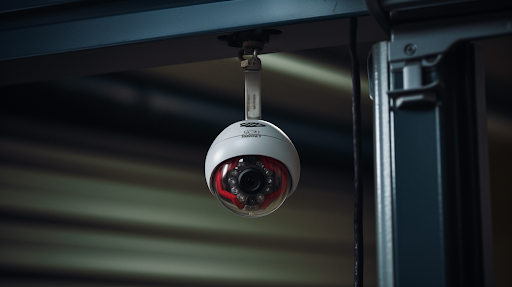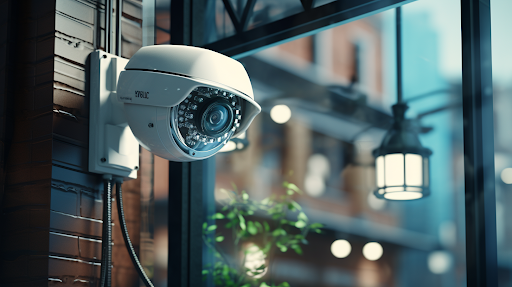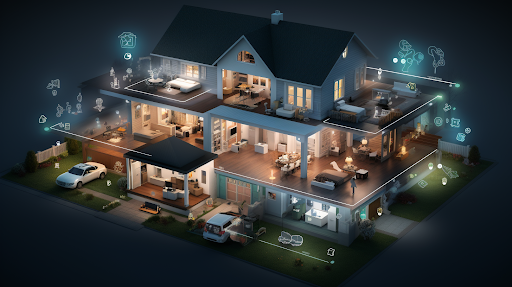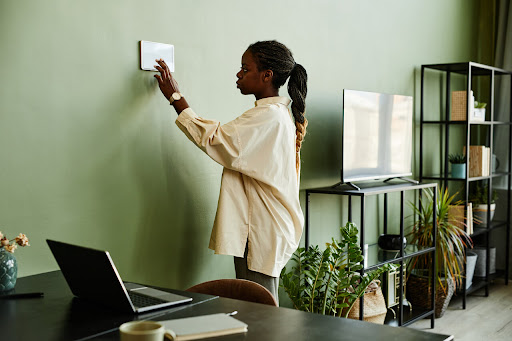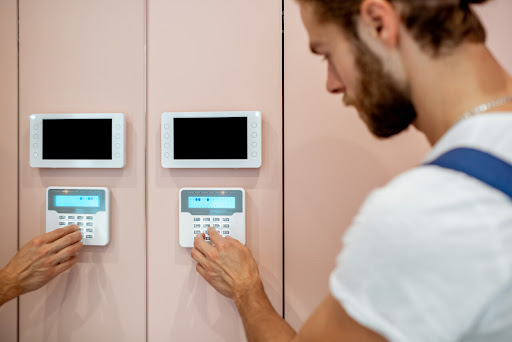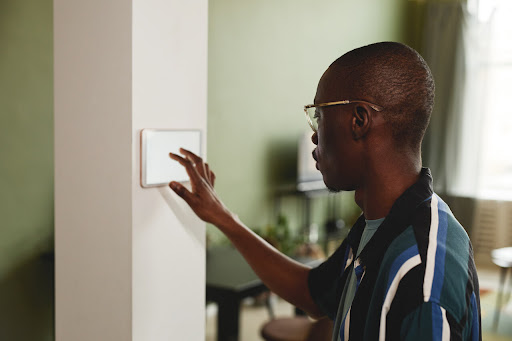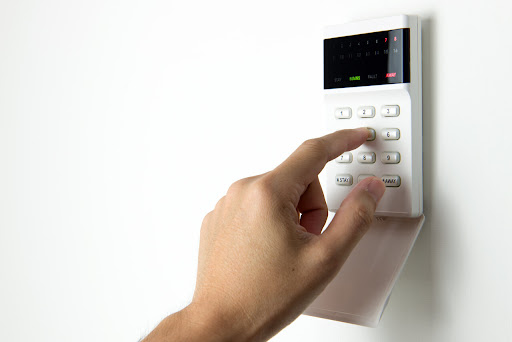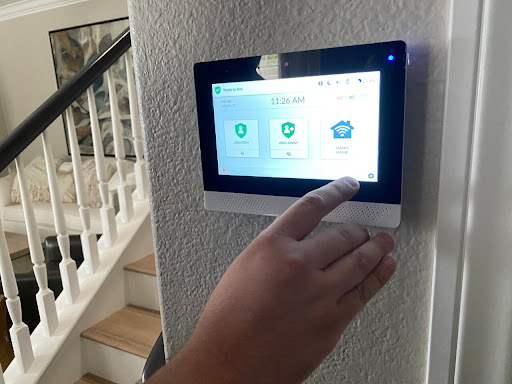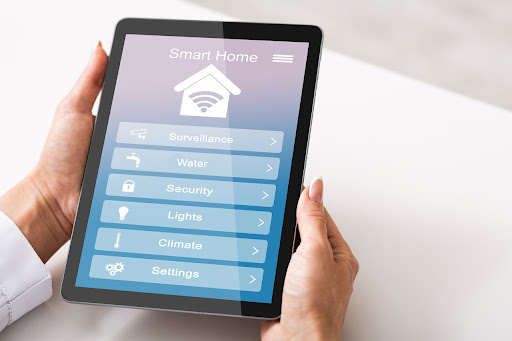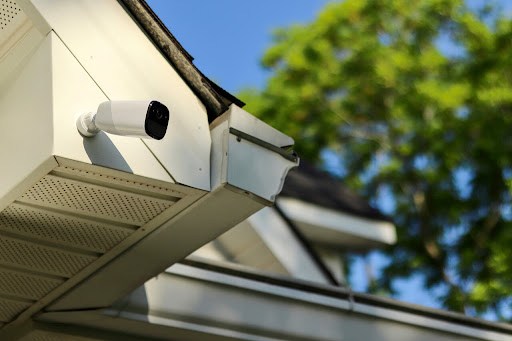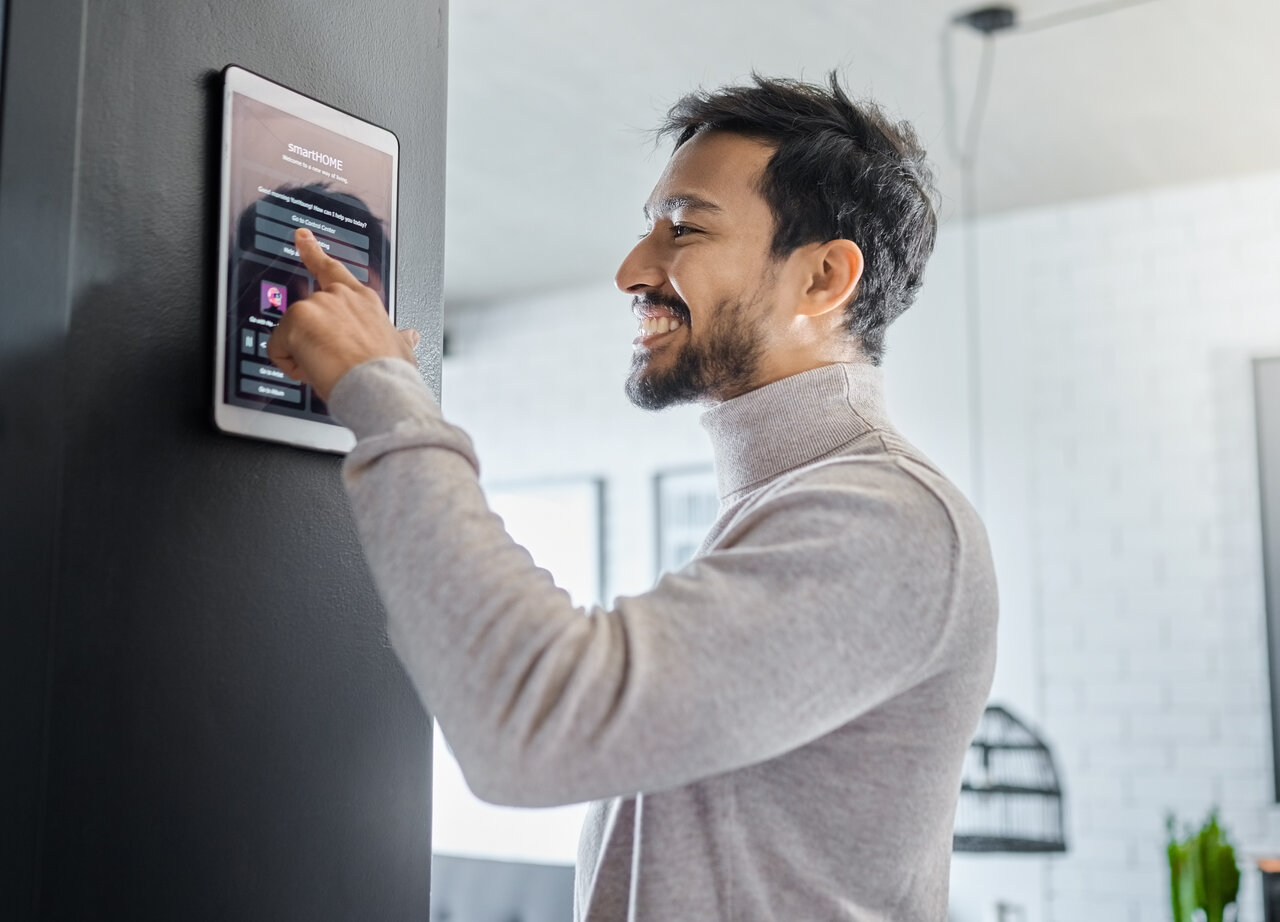
Are Business Security Systems Tax Deductible?
Sommaire
- Can You Claim Security Systems as a Business Tax Deduction?
- Deductible Expenses vs. Capital Expenses
- Depreciation and Tax Benefits
- How security systems are depreciated:
- Record Keeping and Compliance
- Insurance and Additional Benefits
- Examples of Business Security Deductions
- Small Business Office Security Deductions
- Retail Store Security Deductions
- Self-Employed and Home Business Security Deductions
- How Do I Allocate Security System Costs if My Property Has Both Residential and Business Use?
- CRA Rules for Business-Use-of-Home Expenses
- Determining the Business-Use Portion of Your Home
- Allocating Security System Costs
- Documentation and Compliance
- Are Security System Installations from Sting Security Tax Deductible?
- Key Considerations for Claiming Security Deductions:
- Sting Security: Your Partner for Comprehensive Surveillance
As a business owner in Canada, investing in security system is essential for safeguarding your property and ensuring the safety of your employees. However, you may be wondering whether these security expenses qualify for tax deductions. In this article, we explore the potential tax benefits of commercial security investments, helping you understand how these critical protections can also contribute to reducing your overall tax liability.
Can You Claim Security Systems as a Business Tax Deduction?
Business security systems, including security cameras and access control systems, can often be considered deductible expenses (source). The key factor is whether these systems are used for business purposes. Here’s what you need to know:
Deductible Expenses vs. Capital Expenses
- Deductible Expenses: If your security system is used exclusively for business purposes, the costs associated with it can be fully deductible in the year of purchase. This includes installation costs and any ongoing monitoring fees.
- Capital Expenses: In some cases, security systems can be considered capital expenses, which means they are depreciable property. You can deduct a portion of the cost over several years through depreciation deductions (source). This is particularly relevant for larger investments in network infrastructure equipment.
Depreciation and Tax Benefits
In Canada, security systems purchased for business use are considered capital assets and are eligible for Capital Cost Allowance (CCA). Instead of deducting the full cost in the year of purchase, businesses can depreciate the expense over multiple years, based on the asset’s useful life.
How security systems are depreciated:
- CCA Classification & Rate: Security systems, including security cameras and alarm control panels, typically fall under Class 8, which has a 20% CCA rate. The CCA rate applies on a declining-balance basis, meaning the deduction decreases each year as the asset’s value depreciates.
- Half-Year Rule (First-Year Deduction Limit): In the first year, businesses can only claim CCA on half of the asset’s cost, limiting the deduction initially but allowing greater depreciation in later years.
Record Keeping and Compliance
To claim tax deductions for your security system expenses, it’s essential to maintain detailed records. Keep receipts, invoices, and any other documentation that supports your deductions. This will be crucial when filing your tax returns and in case of an audit.
Insurance and Additional Benefits
Investing in effective business security systems can also lead to potential insurance savings. Insurance companies often offer reduced premiums for businesses with robust security measures in place. This can further enhance the financial benefits of your security investments.
Get a Tailored Security Plan for Your Commercial Property
Examples of Business Security Deductions
Small Business Office Security Deductions
In Canada, small businesses and limited companies can claim security system expenses as either capital costs or operating expenses. Equipment like security cameras, alarms, and reinforced doors is classified as capital property and depreciated over time using the Capital Cost Allowance (CCA), typically under Class 8 (20% depreciation rate).
Meanwhile, security monitoring fees—such as alarm system subscriptions and surveillance services—are considered current operating expenses and can be fully deducted in the year incurred. Proper classification ensures businesses maximize tax benefits while maintaining workplace security.
Retail Store Security Deductions
Retail store owners can deduct security purchases, including access control systems, security windows, and security camera purchases, as actual costs to protect business property. Expenses for security monitoring services used to protect business properties are allowable business deductions.
Self-Employed and Home Business Security Deductions
Self-employed individuals or sole proprietors using a spare bedroom or detached building for business can deduct a portion of security system expenses. The business portion of security camera tax deductions should be reported on the personal tax return, with allocation between business and personal use documented (source).
Consulting a tax expert for advice with respect to allowable expenses, inclusion rates, and additional allowances can help you navigate transitional rules, undepreciated capital cost claims, and the existing CCA half-year rule. Understanding these tax implications can ensure you take advantage of bonus depreciation while complying with tax season requirements.
Discover Advanced Security Solutions for Your Business
How Do I Allocate Security System Costs if My Property Has Both Residential and Business Use?
For Canadian business owners operating from home, understanding how to allocate security system expenses can significantly impact your tax liability. The Canada Revenue Agency (CRA) provides guidelines for deducting security expenses when your property serves both residential and business purposes. Here’s a detailed look at how to maximize your business tax deductions for security systems:
CRA Rules for Business-Use-of-Home Expenses
The CRA allows you to deduct business-use-of-home expenses if:
- Your home is your principal place of business, or
- You use a portion of your home exclusively for business purposes on a regular basis.
These rules ensure that only legitimate business expenses are deducted, helping to reduce your taxable income and maximize your business deductions.
Determining the Business-Use Portion of Your Home
The first step in claiming security system deductions is to determine the portion of your home used for business. The CRA accepts two primary methods for this calculation:
- Square Footage Method: Calculate the business-use percentage by dividing the square footage of the area used for business by the total square footage of your home. For example, if your home office occupies 200 square feet in a 2,000 square feet home, your business-use percentage is 10%.
- Room Method: If your rooms are roughly equal in size, divide the number of rooms used for business by the total number of rooms. This method is simpler but less precise than the square footage method.
Allocating Security System Costs
Once you’ve determined the business-use percentage, you can allocate your security system costs accordingly. This includes both capital costs and operating costs:
- Capital Costs: Items like security cameras, alarm systems, and other security equipment fall under capital costs. You can deduct a portion of these costs over time using the Capital Cost Allowance (CCA) method. The CCA rate and class for property will determine how much you can deduct annually.
- Operating Costs: Ongoing expenses such as monitoring fees can be deducted proportionally based on your business-use percentage. For instance, if your monthly monitoring fee is $50 and your business-use percentage is 10%, you can deduct $60 annually.
Documentation and Compliance
Maintaining detailed records is crucial for claiming these deductions. Ensure you keep:
- Installation Costs and Invoices: Document all expenses related to the purchase and installation of your security system.
- Business-Use Calculations: Maintain a log or floor plan indicating the area used for business.
- Receipts for Ongoing Fees: Keep records of all monitoring fees and other recurring security expenses.
By understanding these guidelines and maintaining thorough records, you can effectively allocate your security system investments and reduce your tax liability, ultimately enhancing your business’s financial health and security posture.
Contact a Security Expert Today
Are Security System Installations from Sting Security Tax Deductible?
As a business owner in Canada, you can typically deduct security expenses, including services from Sting Security, from your business income. According to the Canada Revenue Agency (CRA), deductions are allowed for expenses that are reasonable and directly related to earning business income. Eligible security expenses include costs for our alarm systems, video surveillance, and monitoring services.
Key Considerations for Claiming Security Deductions:
- Reasonableness: Ensure that security expenses are necessary and appropriate for your business’s nature and size.
- Documentation: Keep thorough records, such as contracts, invoices, and proof of payment, to support your claims in case of a CRA audit.
By understanding these guidelines and maintaining proper records, you can maximize your security-related deductions while remaining compliant with Canadian tax laws.
Discover Advanced Security Solutions for Your Business
Sting Security: Your Partner for Comprehensive Surveillance
At Sting Security, we deliver top-tier security solutions tailored to protect your residential and commercial properties. Our advanced alarm systems, featuring state-of-the-art video surveillance, smart locks, and motion detection technology, ensure a robust layer of protection for your customers, employees, and valuable assets. Trust Sting Security to safeguard what matters most to you!





